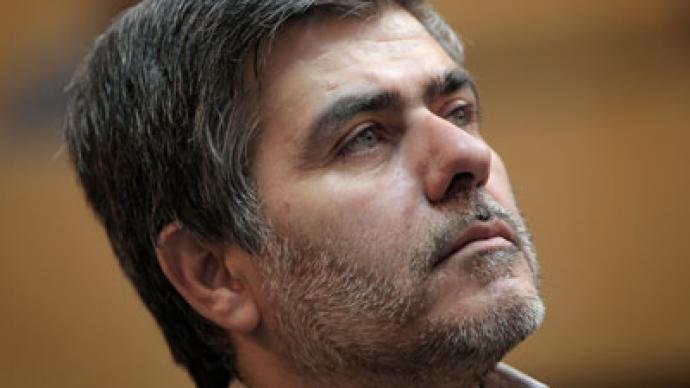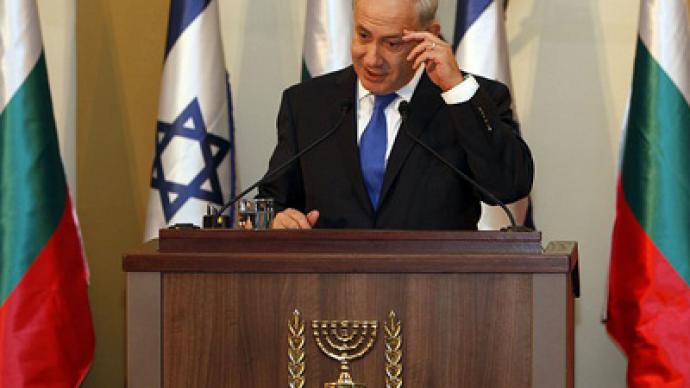Iran has sometimes provided false information about its nuclear program in order to mislead foreign intelligence agencies, Iran’s nuclear chief has said. The remarks come as still no comprise has been found regarding Tehran’s nuclear ambitions.
In an interview with pan-Arabic London-based newspaper al-Hayat Fereydoun Abbasi, a nuclear scientist, who also serves as Iran’s vice president, accused Britain’s MI6 of spying on Iran’s nuclear program.“We presented false information sometimes in order to protect our nuclear position and our achievements, as there is no other choice but to mislead foreign intelligence,” he told the paper. “Sometimes we pretended to be weaker than we really were, and sometimes we showed strength that was not really in our hands,” Abbasi admitted. He also noted that the International Atomic energy Agency, the UN’s nuclear watchdog, deals with Iran as if it’s guilty."Others accuse us, and the agency seeks to establish these accusations, like what happened with the regime of Saddam Hussein, wanting a legal framework by which to isolate Iran and toughen sanctions on it."Abbassi however did not provide any details on the nature of the false information, nor he stated to whom it was provided and when. The UN nuclear watchdog declined to comment on the issue.Abbassi gave the interview on the sidelines of the IAEA meeting that is taking place in Vienna this week. So far little progress has been made in ending the stalemate over Iran’s controversial nuclear program- which Tehran claims is peaceful- denying the West’s accusations that it seeks to create nuclear weapons.On Thursday, the US, Britain, France and Germany accused Iran of ignoring demands to open key nuclear facilities to UN inspectors and of shipping arms to Syria in violation of UN sanctions.The remarks to the Al-Hayat newspaper, come after Iran’s nuclear chief claimed that the IAEA is infiltrated with terrorists and saboteurs who are trying to derail his country’s nuclear program.Speaking at the annual member state gathering of the IAEA in Vienna on Monday, Fereydoun Abbasi, who was said that power lines from the city of Qom to the Fordow underground uranium enrichment plant were cut on August 17 – the day before IAEA inspectors were due to visit the site.“Terrorists and saboteurs might have intruded the agency and might be making decisions covertly,” he told the 55-nation conference. “Does this visit have any connection to that detonation? Who other than the IAEA inspectors can have access to the complex in such a short time?” he wondered.Abbasi-Davani also accused the nuclear watchdog of mismanagement, saying its agenda was influenced by “certain states.”


